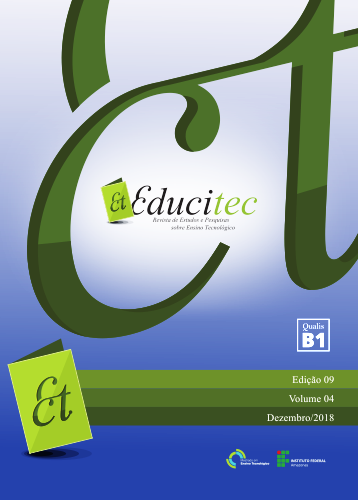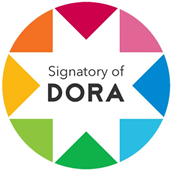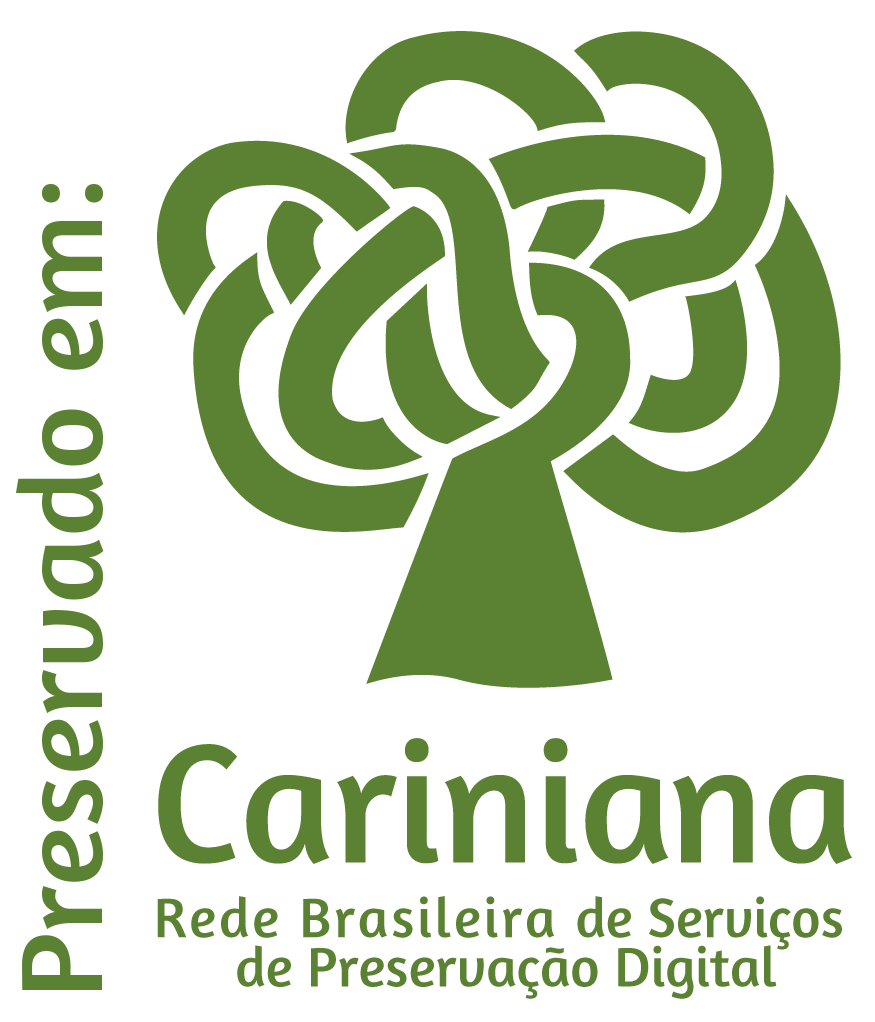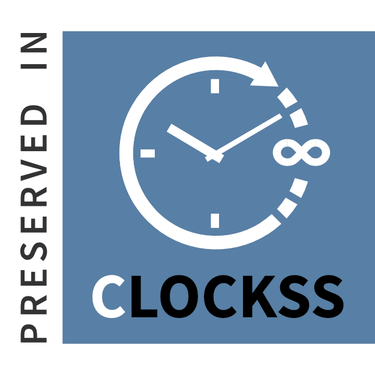An analysis about the performance of teams in the 1st stage of a Free Educational Robotics Olympiad
DOI:
https://doi.org/10.31417/educitec.v4i09.312Keywords:
Learning by trial and error, Educational technology, Pedagogical roboticsAbstract
The University of Passo Fundo annually holds a free educational robotics Olympiad, for teams from basic education schools in the region. It consists of four stages and this work concerns the first stage of this competition. During this first stage, the behavior of the students in the face of possible errors, common in robotics, was analyzed. It was expected that students, when faced with problems in their robots, would identify the source of the problems and seek a solution. Previously and throughout the trials of this stage, the teams could improve their robotic apparatus in order to improve the performance related to the previous trial. During the performance of the same, the organizers of the olympics carried out a participant evaluation in order to identify, in the behavior of the teams, attitudes in which they demonstrated to perceive the error and the attempt to correct it. In the end, it was observed that some teams did not obtain satisfactory results in the tests, which led to the conclusion that many of them did not carry out, in advance, tests to improve their robotic apparatus, that is, they did not encounter errors before the tests. , in order to resolve them in advance and in a timely manner.
Downloads
Metrics
References
BACHELARD, Gaston. A formação do espírito científico: contribuição para uma psicanálise do conhecimento. Rio de Janeiro: Contraponto, 1996.
FRANCISCO JÚNIOR, Nacim Miguel; VASQUES, Carla K.; FRANCISCO, Thiago Henrique Almino. Robótica Educacional e a Produção Científica Na Base De Dados Da Capes. Revista Electrónica de Investigación y Docencia (REID), 19 f, 4 jul. 2010. Disponível em: <http://www.ujaen.es/revista/reid/revista/n4/REID4art2.pdf>. Acesso em: 06 set. 2017.
GUEDES, Aníbal L; KERBER, Fábio Matias. Usando a robótica como meio educativo. Unoesc & Ciências − ACET, Joaçaba, v. 1, n. 2, p. 199-208, jul./dez. 2010. Disponível em: <http://editora.unoesc.edu.br/index.php/acet/article/viewFile/164/pdf_78> Acesso em: 15 set. 2017.
MALIUK, Karina Disconsi. Robótica educacional como cenário investigativo nas aulas de matemática. 2009. 91 f. Dissertação (Mestrado em em Ensino de Matemática) - Universidade Federal do Rio Grande do Sul, 2009. Disponível em: <http://www.lume.ufrgs.br/handle/10183/17426>. Acesso em: 28 set. 2017.
SANTOS, Leonor. Auto-avaliação regulada: porquê, o quê e como?. Avaliação das Aprendizagens. Das concepções às práticas, p. 75-84, 2002. Disponível em: <http://repositorio.ul.pt/bitstream/10451/4884/1/Santos (2002).pdf>. Acesso em: 14 nov. 2017.
Downloads
Published
How to Cite
Issue
Section
License

This work is licensed under a Creative Commons Attribution 4.0 International License.
This work is licensed under a Creative Commons Attribution 4.0 International License
This license allows others to share, copy, redistribute material in any medium or format, adapt, remix, transform and develop the material based on their work, even if commercially, giving due credit and providing a link to the license.
The published articles are the property and full responsibility of their authors, who may have them for later publication, always including the original edition, and EDUCITEC Magazine does not have any legal responsibility for its content.
Accepted 2018-08-23
Published 2018-12-26

















